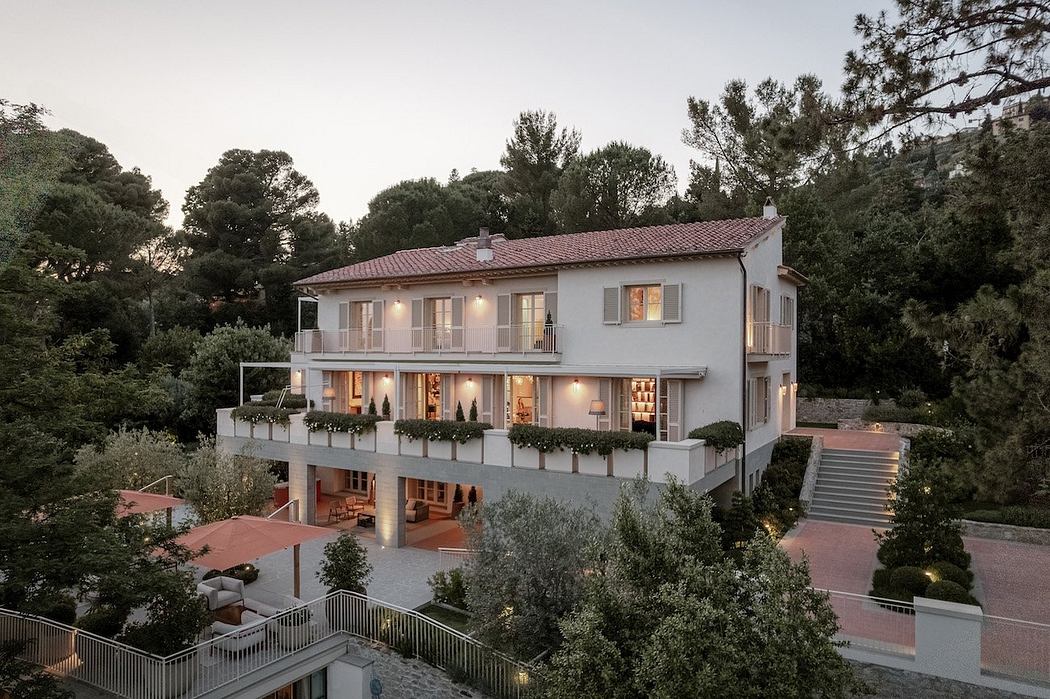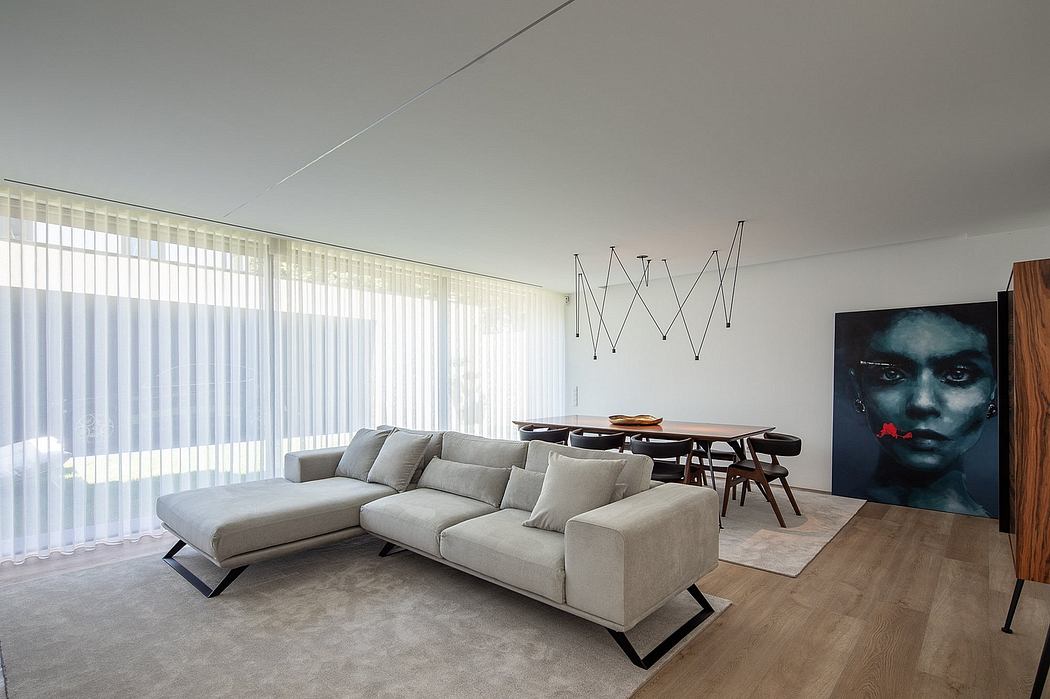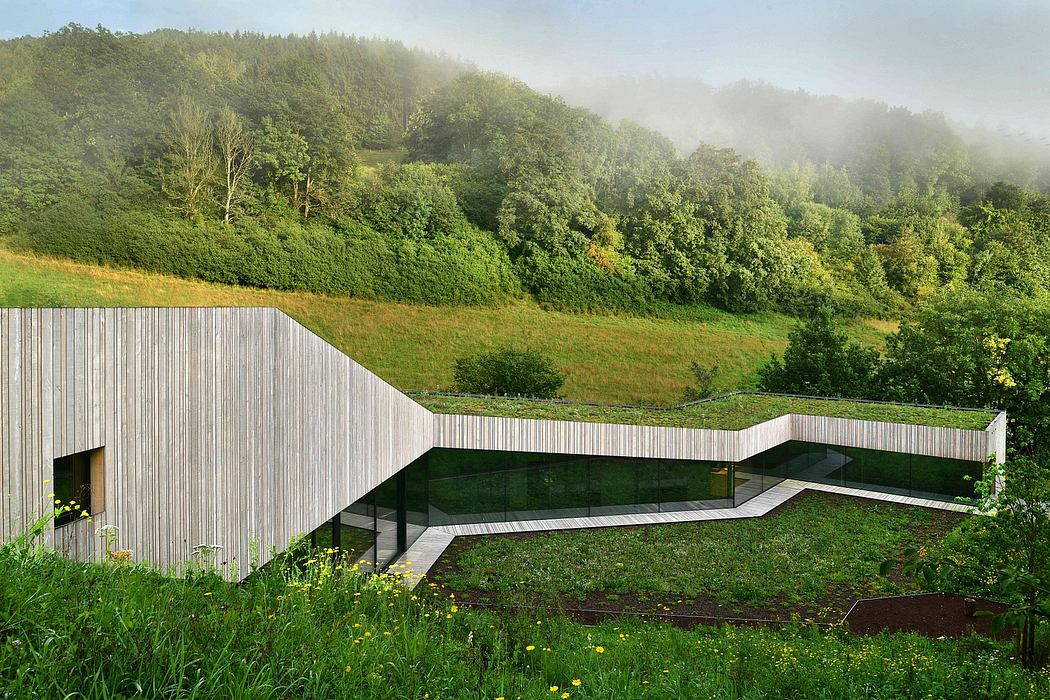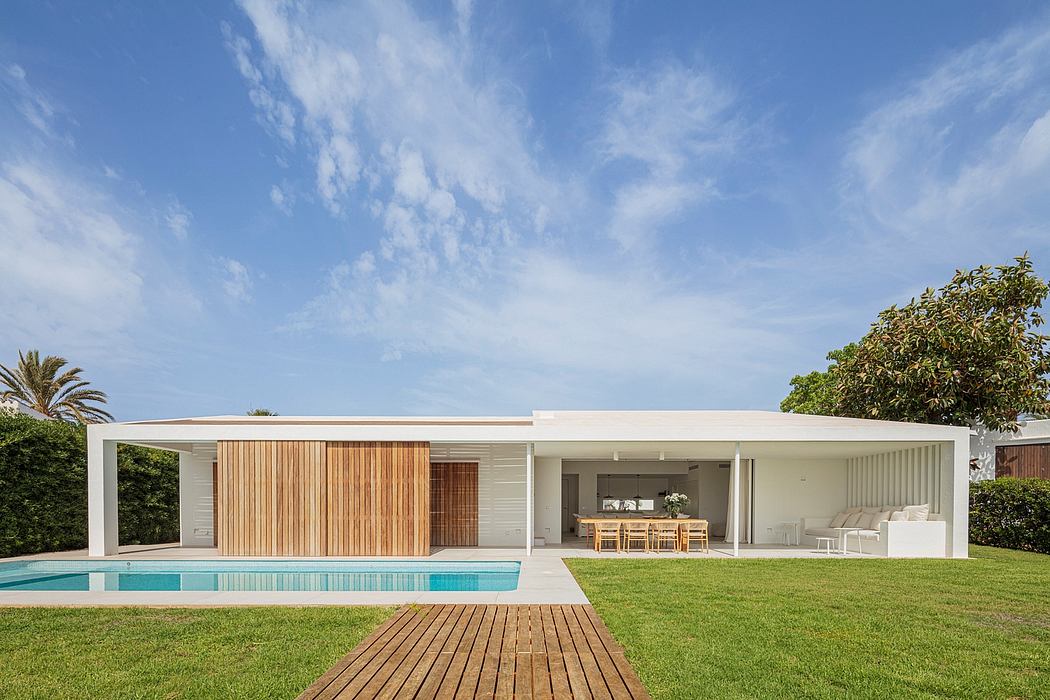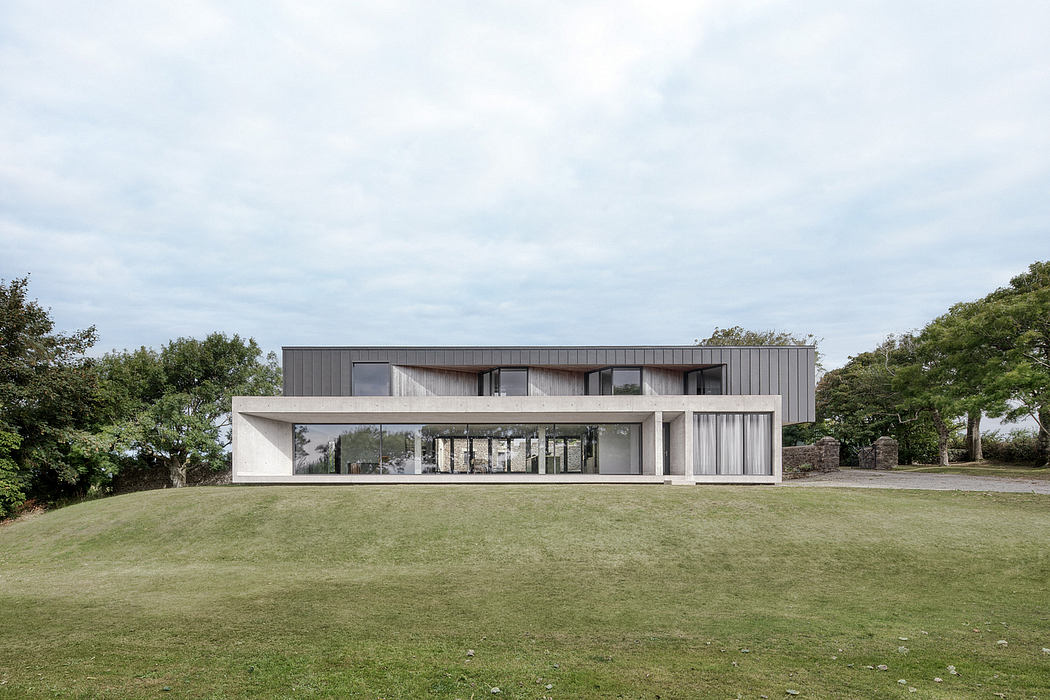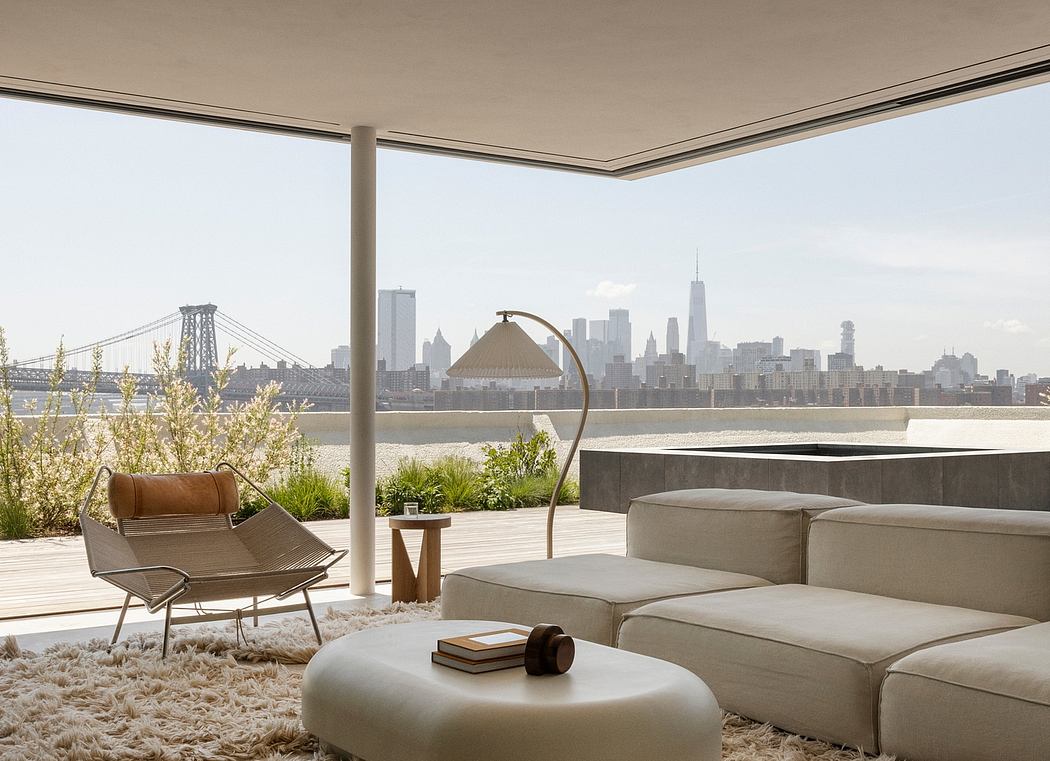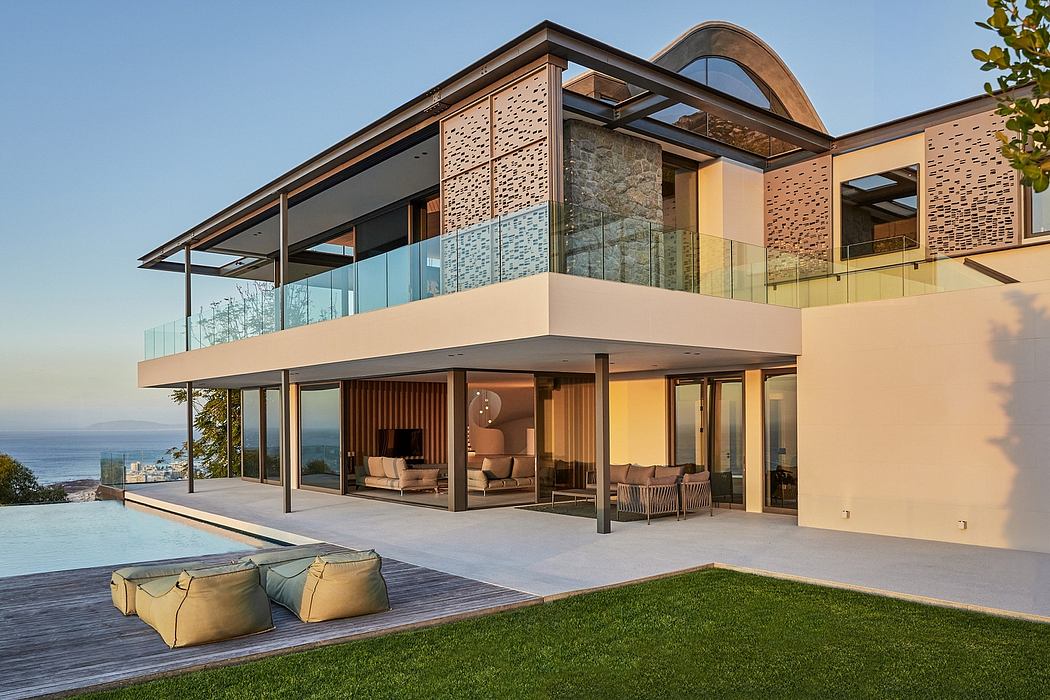VGramsci Building / Giovanni Vaccarini Architects

The multifunctional building is a replacement construction on an area in the margins of the historical center of the high city of Giulianova (Teramo).
© Sergio Camplone
Architects: Giovanni Vaccarini Architects
Location: 64021 Giulianova, Province of Teramo, Italy
Architect In Charge: Giovanni Vaccarini
Area: 1250.0 m2
Project Year: 2016
Photographs: Sergio Camplone
Engineering : Giovanni Mosca
Climate Control Systems: Studio Wega
Collaborators: Francesca Di Giannatonio, Luisa Di Blasio, Carolina Mastropietro, Marco Zitti.
Location
From the architect. The multifunctional building is a replacement construction on an area in the margins of the historical center of the high city of Giulianova (Teramo).
© Sergio Camplone
The area, situated on the slope, marking the crossroads of Via Gramsci and Via Cesare Battisti.
Sketch
These first instances were immediately a reflection element on the role of intervention as a hinge between two parts of the city (the ancient and contemporary) and between two completely different urban areas: a compact (the historic city) and another spread and built to void rather than volume, belonging to the contemporary city.
© Sergio Camplone
The building stands on a pedes...
© Sergio Camplone
Architects: Giovanni Vaccarini Architects
Location: 64021 Giulianova, Province of Teramo, Italy
Architect In Charge: Giovanni Vaccarini
Area: 1250.0 m2
Project Year: 2016
Photographs: Sergio Camplone
Engineering : Giovanni Mosca
Climate Control Systems: Studio Wega
Collaborators: Francesca Di Giannatonio, Luisa Di Blasio, Carolina Mastropietro, Marco Zitti.
Location
From the architect. The multifunctional building is a replacement construction on an area in the margins of the historical center of the high city of Giulianova (Teramo).
© Sergio Camplone
The area, situated on the slope, marking the crossroads of Via Gramsci and Via Cesare Battisti.
Sketch
These first instances were immediately a reflection element on the role of intervention as a hinge between two parts of the city (the ancient and contemporary) and between two completely different urban areas: a compact (the historic city) and another spread and built to void rather than volume, belonging to the contemporary city.
© Sergio Camplone
The building stands on a pedes...
| -------------------------------- |
|
|
Villa M by Pierattelli Architetture Modernizes 1950s Florence Estate
31-10-2024 03:55 - (
architecture )
Leça da Palmeira House by Raulino Silva
31-10-2024 03:55 - (
architecture )

